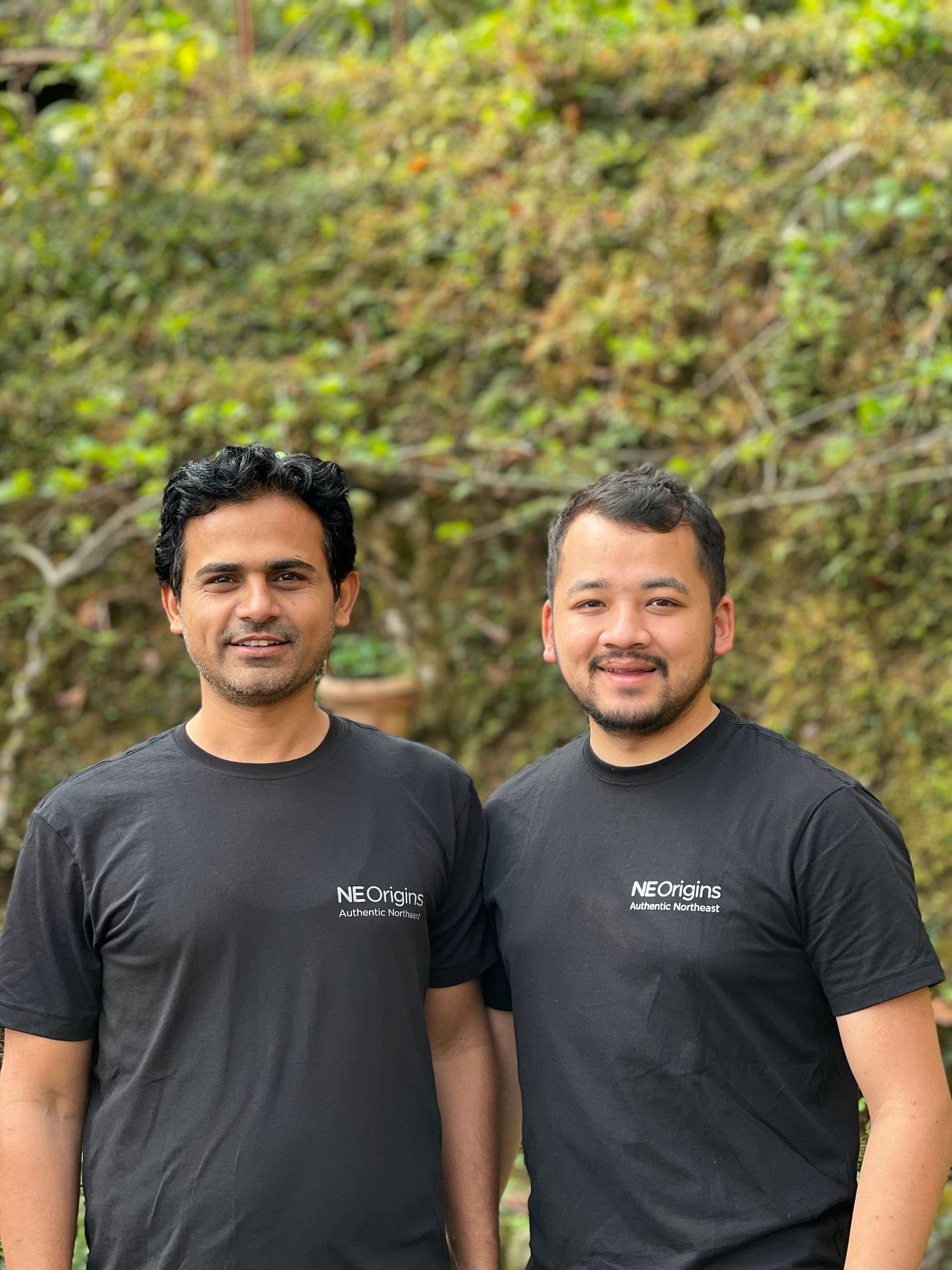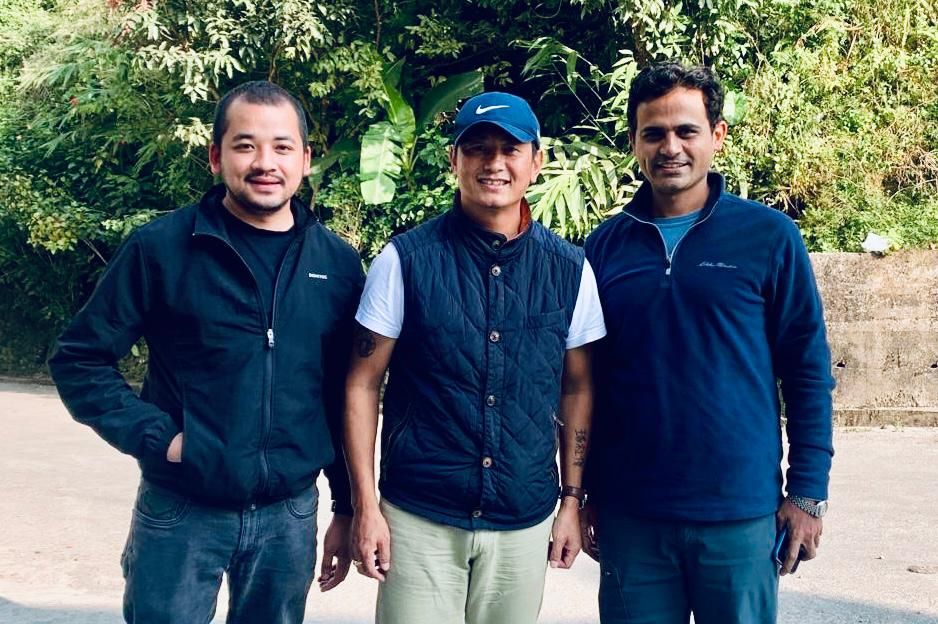Incorporated in 2021, Sikkim-based NE Origins sells authentic food products from the Northeastern states across India. The ecommerce platform is the second major startup founded by serial entrepreneur Rewaj Chettri.
A 2018 Forbes Asia 30 under 30 fellow, Rewaj — at the age of 19 years — had founded NE Taxi — a tourist taxi aggregator in the region.
Besides, he has worked on multiple small ventures, including podcast company NE Talks, music app Cisum, hyperlocal laundry service Washer, delivery service Chitto, Sikkim Ventures — a micro-investment, promotion, branding, and accounting firm — and photography platform Go Sikkim.

Origin of NE Origin
Amidst the COVID-19 pandemic, Rewaj realised product entrepreneurs from the Northeastern states were dependent on physical events like street fairs to showcase their products. “That used to be the primary market for them,” says Rewaj, who is well-connected in the Northeast India’s entrepreneurial community.
These products include Naga King Chilli (the world’s third hottest chilli) from Nagaland, black rice from Manipur, Darjeeling Tea, Lakadong turmeric from Meghalaya, and Nagaland forest honey.
Although these products have their Geographical Indications (GI) tags, they are not available in offline stores across the country.
Having previously bootstrapped a logistics startup in the region while working in NE Taxi, Rewaj understood the problems and decided to solve them by building NE Origins, a social commerce startup.
At the same time, he connected with Anuj Sharma, Founder and CEO, ALSiSAR IMPACT — a Mumbai-headquartered transaction advisory company focused on impact investing in South Asia.
“He came to Gangtok, and then over a coffee, we talked about what we were building, what we are doing, and what he does? That is when we found a synergy,” says Rewaj.
Soon, Anuj joined NE Origins as a co-founder, and the duo worked on growing the idea and scaling it up rather than making it a pandemic-only solution.
Highlighting the issues of the region, Anuj once wrote on LinkedIn,
“The Northeast has had a long problem of ‘missing small and medium enterprises (SMEs)’ led by locals. Although countless initiatives exist to empower micro-entrepreneurship, these are not sustained efforts, effectively misleading entrepreneurs who are provided hope but abandoned after the initial progress with little efforts taken towards helping them move out and scale into an SME.”
At present, NE Origins has onboarded more than 350 SMEs with over 1000 SKUs who sell their products on the platform pan-India.

The journey
Rewaj says, “After the first few months of operations, we now understand the challenge of why these products were not able to break into the mainstream market.”
These products are sold locally, without the need for proper packaging and licensing. Thus, Rewaj wanted to move from a marketplace model to a single (direct-to-consumer) D2C business model.
As a D2C company, NE Origins can help producers and manufacturers with packaging and selling the products by co-branding with various sellers, after getting the necessary licences.
“The reason the products are not getting purchased is that they are not getting tested. There is certification in place,” Rewaj says — a challenge he has now actively taken up.
Besides, NE Origins has partnered with a few companies for the warehousing and packaging of its products. “We want to create a value chain for Northeast products,” says Rewaj.
The startup aims to support micro-entrepreneurs across the eight states, transforming over 40,000 regional SMEs. Presently, it has 16 members in its team.
In the long-term, Rewaj wants to make the Northeast region a ‘net producer economy’, creating livelihood opportunities and growing the ‘unique heritage’ of the region with the growth of SMEs.
Last month, the startup raised pre-seed funding round after nine months of its inception at a record $2 million valuation and added Indian footballer Baichung Bhatia as an investor.
At present, NE Origins competes with a few regional brands, including Zizira in Meghalaya, Hill Wild in Manipur, and Korangani Tea in Assam, which offer limited products.
Edited by Suman Singh

